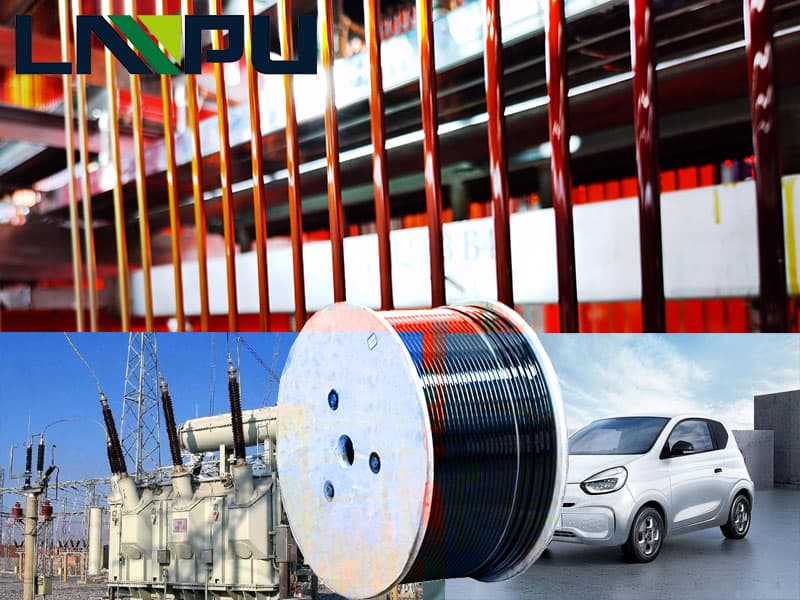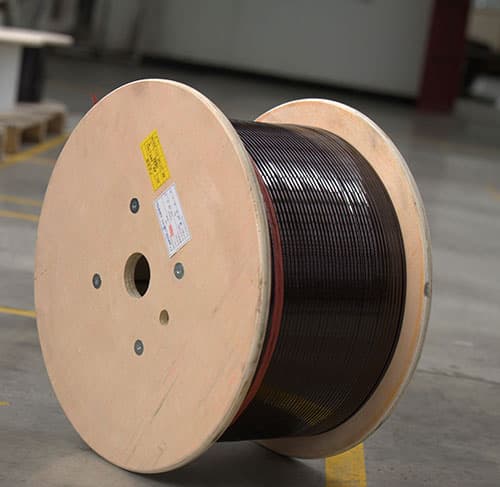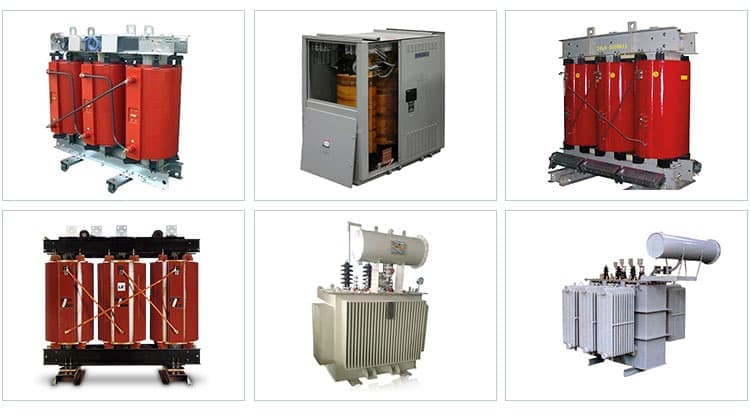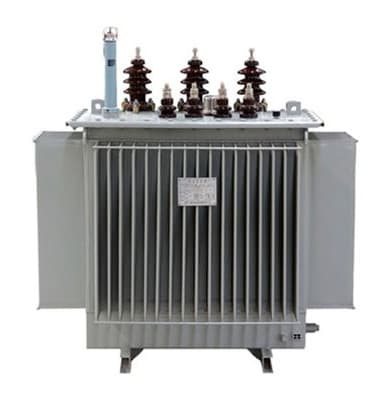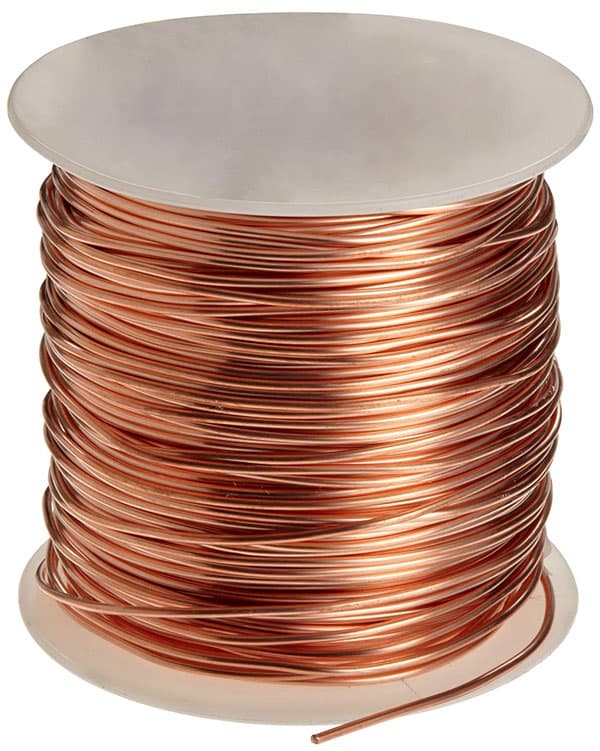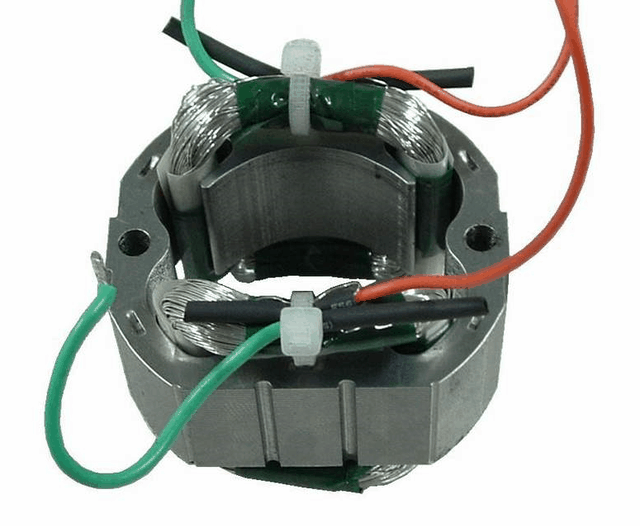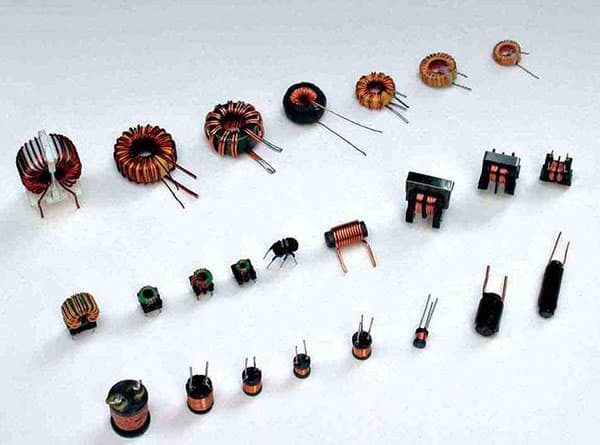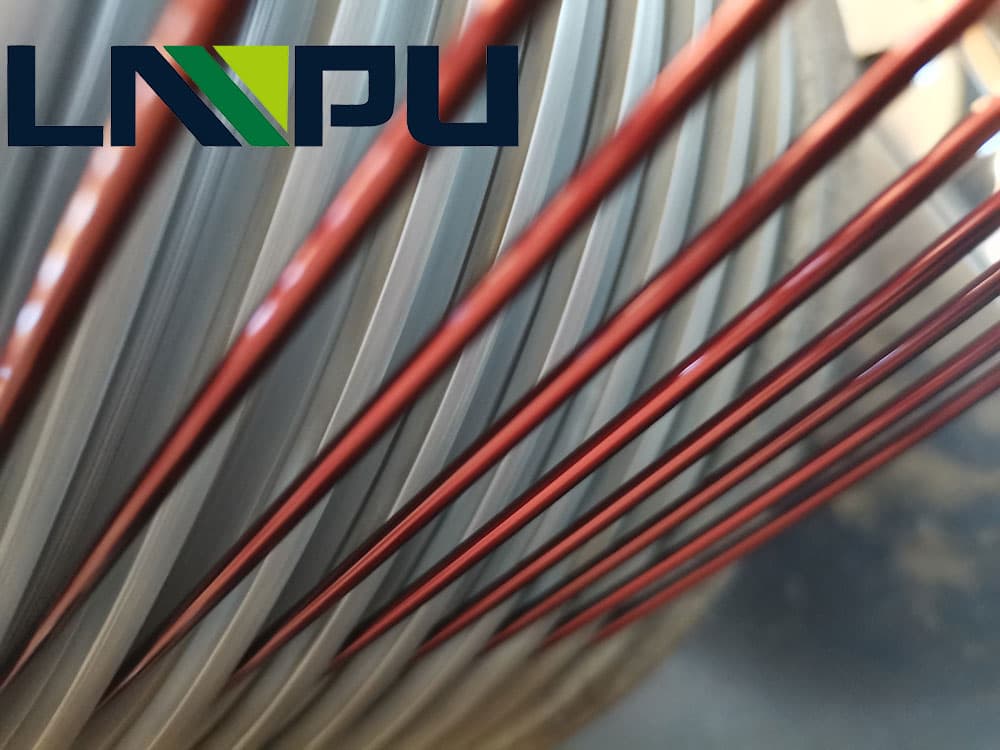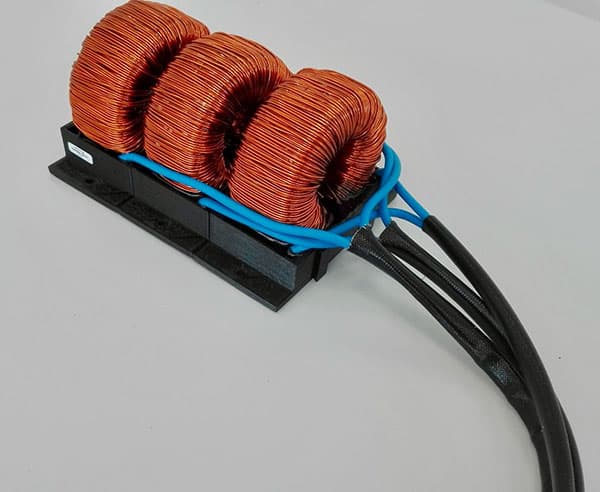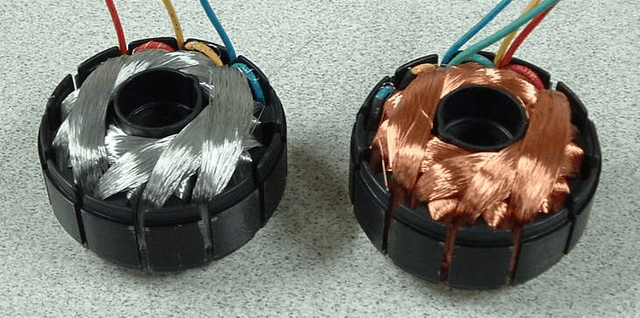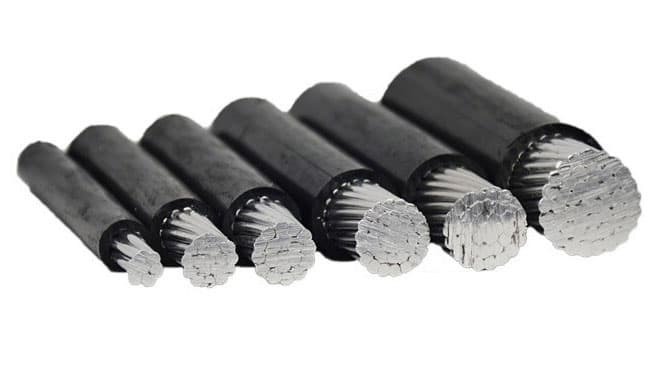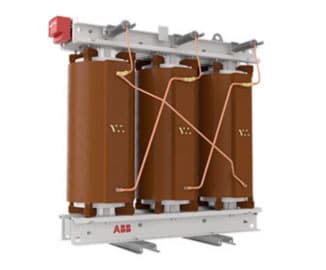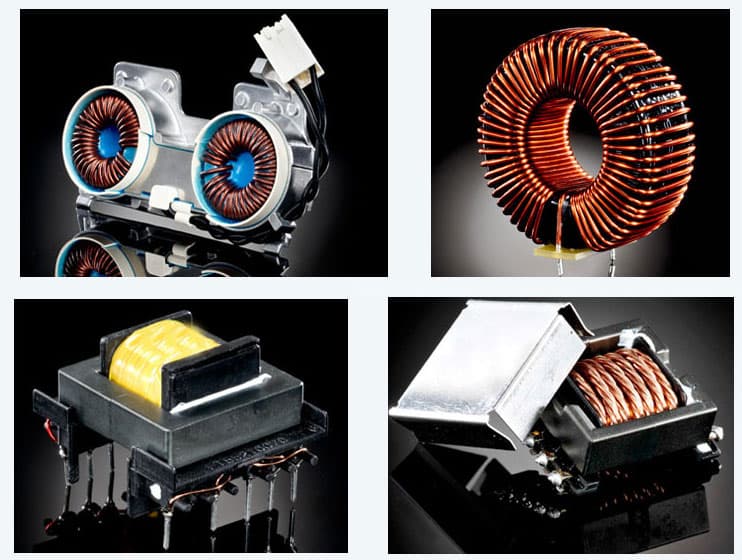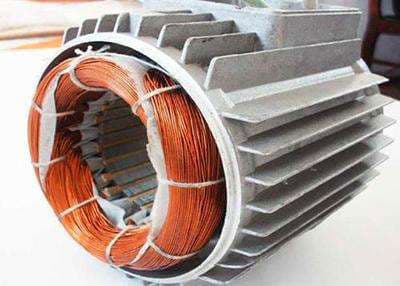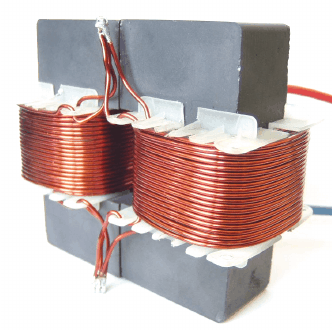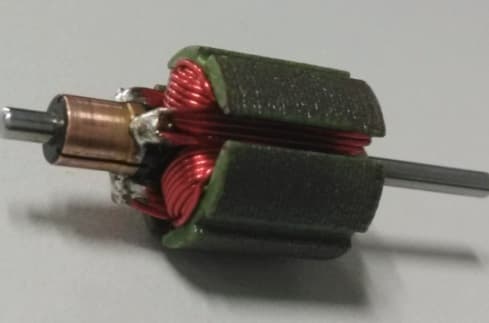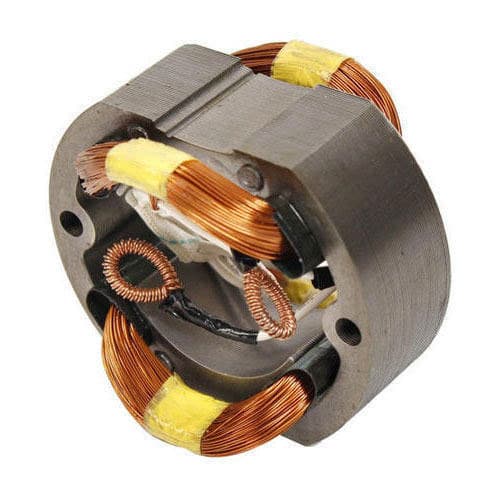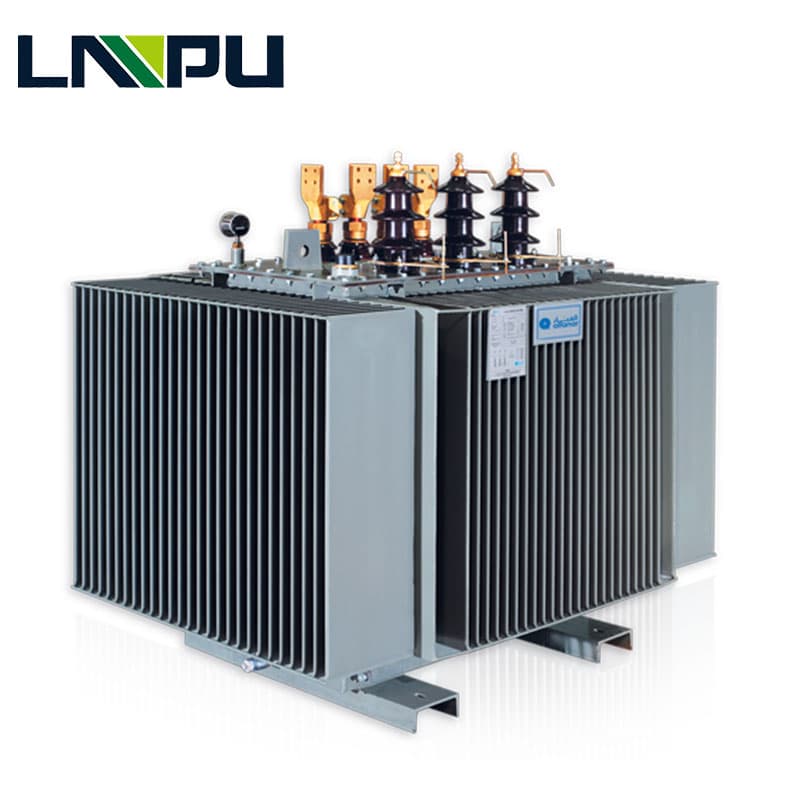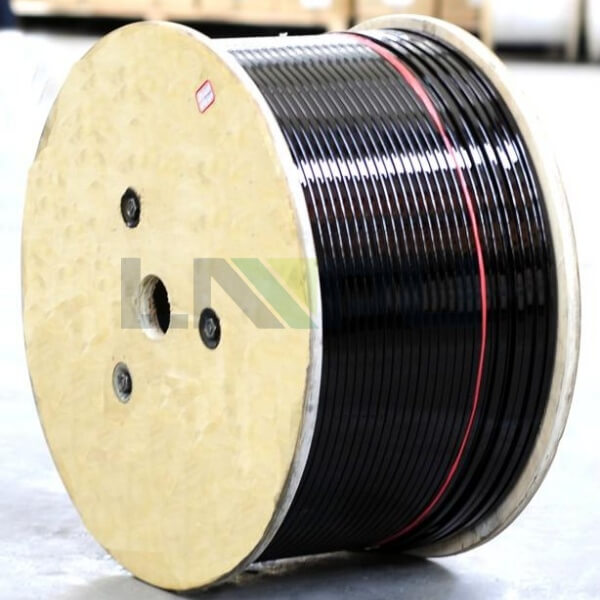The development of flat wire motors
As one of the core three-electric systems of new energy vehicles, electric motors account for 5-10% of the value of the entire vehicle. Among the top 15 new energy vehicle sales in the first half of 2021, the penetration rate of flat wire motors has increased significantly to 27%. The industry predicts that in 2025, the proportion of flat wires in the drive motors of new energy vehicles will exceed 80%.
Flat wire is a kind of electromagnetic wire. There are many types of electromagnetic wires, which are divided into round wires, flat wires and special-shaped wires according to the shape of the conductor. Flat wire has a higher slot full rate than round wire. The same motor uses flat wire, which has greater power density, smaller volume and is conducive to heat dissipation. Therefore, the flat wire motor has many advantages. The flat wire is completely in the middle of the process of replacing the round wire. The low internal resistance brought by the flat wire winding method improves the energy conversion efficiency of the motor, which is an important factor in improving the battery life and battery cost.
With the increasing volume of new energy vehicles, the demand for flat cables will be even greater in the future. In 2021, Tesla¡¯s replacement of domestic flat-wire motors has led to a significant increase in penetration. Leading global new energy companies have begun to switch flat-wire motors on a large scale, including BYD (294.550, -3.85, -1.29%), Guangzhou Automobile and other fast-switching flat-wire motors. In the first half of 2021, the relatively high-end models of electric vehicles with more than 200,000 yuan will use almost 100% flat wires (motors); in the second half of 2021, economic models such as Wuling Mini will start to make flat wires (motors). Application attempts; other potential hot models to be marketed, Weilai ET7, Zhiji, and Extreme Krypton, also use flat-wire motors. Driven by customer demand, flat wire production will enter a period of high-speed expansion, and supply will grow rapidly. 2022-2023 is about to enter a period of rapid growth in the flat line, and the first layout company will enjoy dividends.
The new energy electromagnetic flat wire has certification barriers and technical barriers. The flat wire industry belongs to the blue ocean market. At present, only four companies are mass-produced: Jingda (8.000, -0.15, -1.84%), Great Wall Technology (57.000, -2.98, -) 4.97%), Citychamp Chase (4.150, -0.15, -3.49%) and Jinbei Electric (9.140, 0.37, 4.22%). The four companies all have rich experience in magnet wire R&D and production. They are constantly growing bigger and stronger in the fierce magnet wire market competition. They are the leading companies in the magnet wire field, and new energy flat wires are all classified into the magnet wire business. 1) Jingda: Magnet wire business accounted for 68.5%, contributing to the company’s main income; 2) Great Wall Technology: Magnet wire business accounted for 98.2%, which is the purest magnet wire company in the market; 3) Citychamp Chase: Real estate accounted for 55.8%, magnet wire accounted for 41.2%. 4) Jinbei Electrician: Electromagnetic wires account for only 15.4%, electrical equipment wires 38.5%, special wires and cables 26.2%, and power cables 11.8%. In the future, traditional magnet wire companies such as Jintian Copper (8.870, -0.09, -1.00%) will enter the flat wire industry.

